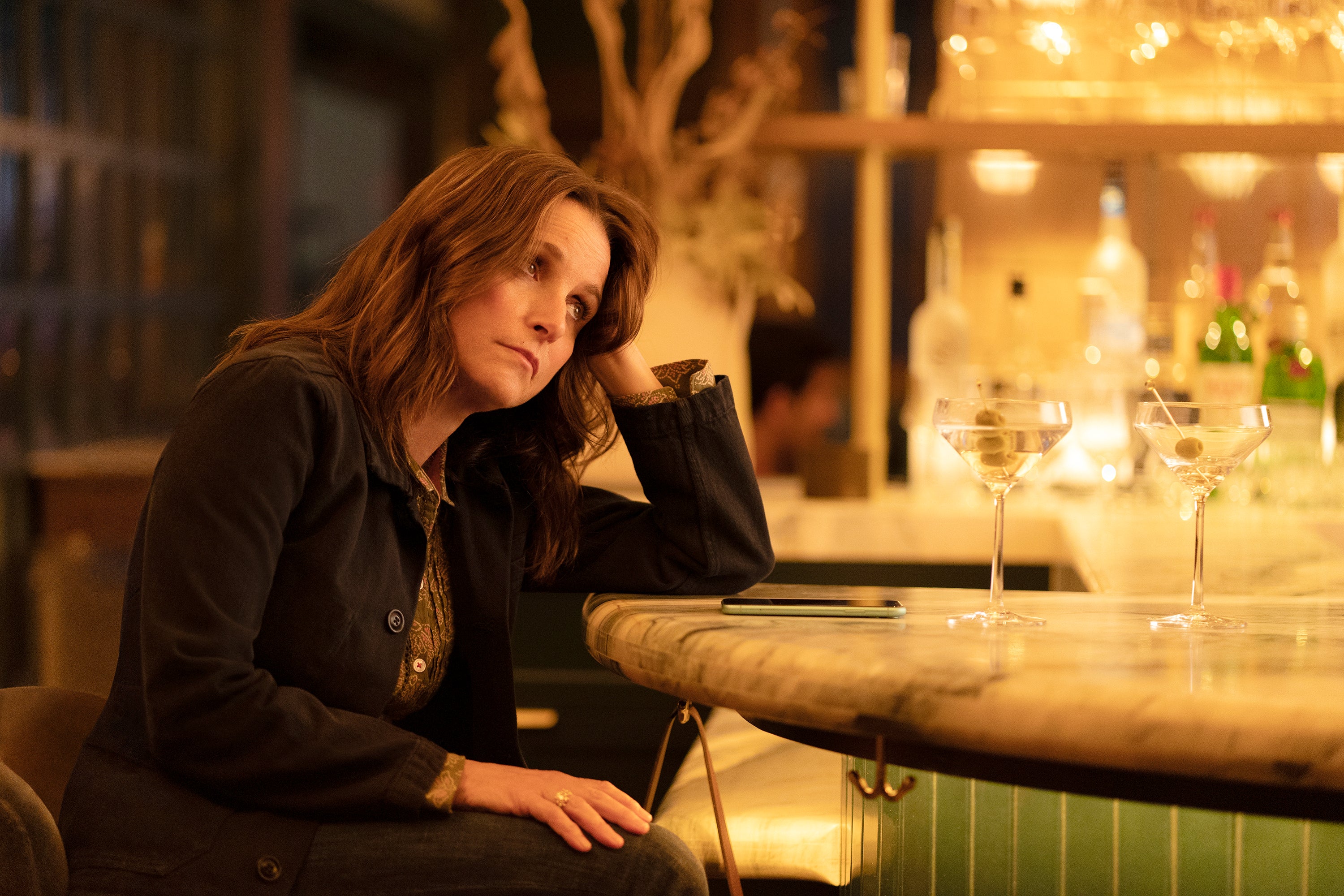The Independent's journalism is supported by our readers. When you purchase through links on our site, we may earn commission.
Julia Louis-Dreyfus calls Jerry Seinfeld’s complaints about political correctness in comedy a ‘red flag’
Seinfeld actor says caring about ‘sensitivities not a bad thing’ after Jerry Seinfeld rails against political correctness and cancel culture

Your support helps us to tell the story
From reproductive rights to climate change to Big Tech, The Independent is on the ground when the story is developing. Whether it's investigating the financials of Elon Musk's pro-Trump PAC or producing our latest documentary, 'The A Word', which shines a light on the American women fighting for reproductive rights, we know how important it is to parse out the facts from the messaging.
At such a critical moment in US history, we need reporters on the ground. Your donation allows us to keep sending journalists to speak to both sides of the story.
The Independent is trusted by Americans across the entire political spectrum. And unlike many other quality news outlets, we choose not to lock Americans out of our reporting and analysis with paywalls. We believe quality journalism should be available to everyone, paid for by those who can afford it.
Your support makes all the difference.Julia Louis-Dreyfus has defended the idea of political correctness in comedy, speaking out in contrast to the views of her Seinfeld costar Jerry Seinfeld.
The actor said she believes developing sensitivity around certain subjects doesn’t threaten comedy, and said complaining about it is a “red flag” because it means “something else”.
“I think to have an antenna about sensitivities is not a bad thing,” she told the New York Times during an appearance on The Interview when asked to respond to Seinfeld’s comments on political correctness in comedy.
“It doesn’t mean that all comedy goes out the window as a result. When I hear people starting to complain about political correctness — and I understand why people might push back on it — to me that’s a red flag, because it sometimes means something else. I believe being aware of certain sensitivities is not a bad thing. I don’t know how else to say it.”
Louis-Dreyfus and Seinfeld became household names in the 1990s after Seinfeld, the much-loved sitcom created by Jerry Seinfeld and Larry David, aired on TV.
The show followed a fictionalised version of Seinfeld and Louis-Dreyfus played his ex-girlfriend Elaine.

Seinfeld said in a recent interview with The New Yorker that the “extreme left and PC c***” have killed comedy and that there is a dearth of comedy on TV now because of it.
“It used to be, you would go home at the end of the day, most people would go, “Oh, Cheers is on. Oh, M*A*S*H is on. Oh, Mary Tyler Moore is on. All in the Family is on.” You just expected there’ll be some funny stuff we can watch on TV tonight. Well, guess what—where is it?” he said.
“This is the result of the extreme left and PC c*** and people worrying so much about offending other people. Now they’re going to see standup comics because we are not policed by anyone. The audience polices us. We know when we’re off track. We know instantly and we adjust to it instantly. But when you write a script and it goes into four or five different hands, committees, groups — ’Here’s our thought about this joke.’ Well, that’s the end of your comedy.”

In a follow up interview with the New York Times, Louis-Dreyfus elaborated on her position and explained that to her the threat to creative expression came from money and power being entirely in the hands of studios and streamers.
“Political correctness, insofar as it equates to tolerance, is obviously fantastic,” she said.
“And of course I reserve the right to boo anyone who says anything that offends me while also respecting their right to free speech, right? But the bigger problem — and I think the true threat to art and the creation of art — is the consolidation of money and power. All this siloing of studios and outlets and streamers and distributors — I don’t think it’s good for the creative voice. So that’s what I want to say in terms of the threat to art.”
On whether she believes that sensitivity and the new lens through which comedy is written makes it better, the actor said she wouldn’t restrict it to comedy but all art is now written with the same intent.
“I can’t judge if it’s better or not. I just know that the lens through which we create art today — and I’m not going to just specify it to comedy, it’s also drama — it’s a different lens. It really is,” she said.
“Even classically wonderful, indisputably great films from the past are riddled with attitudes that today would not be acceptable. So I think it’s just good to be vigilant.”
Join our commenting forum
Join thought-provoking conversations, follow other Independent readers and see their replies
Comments